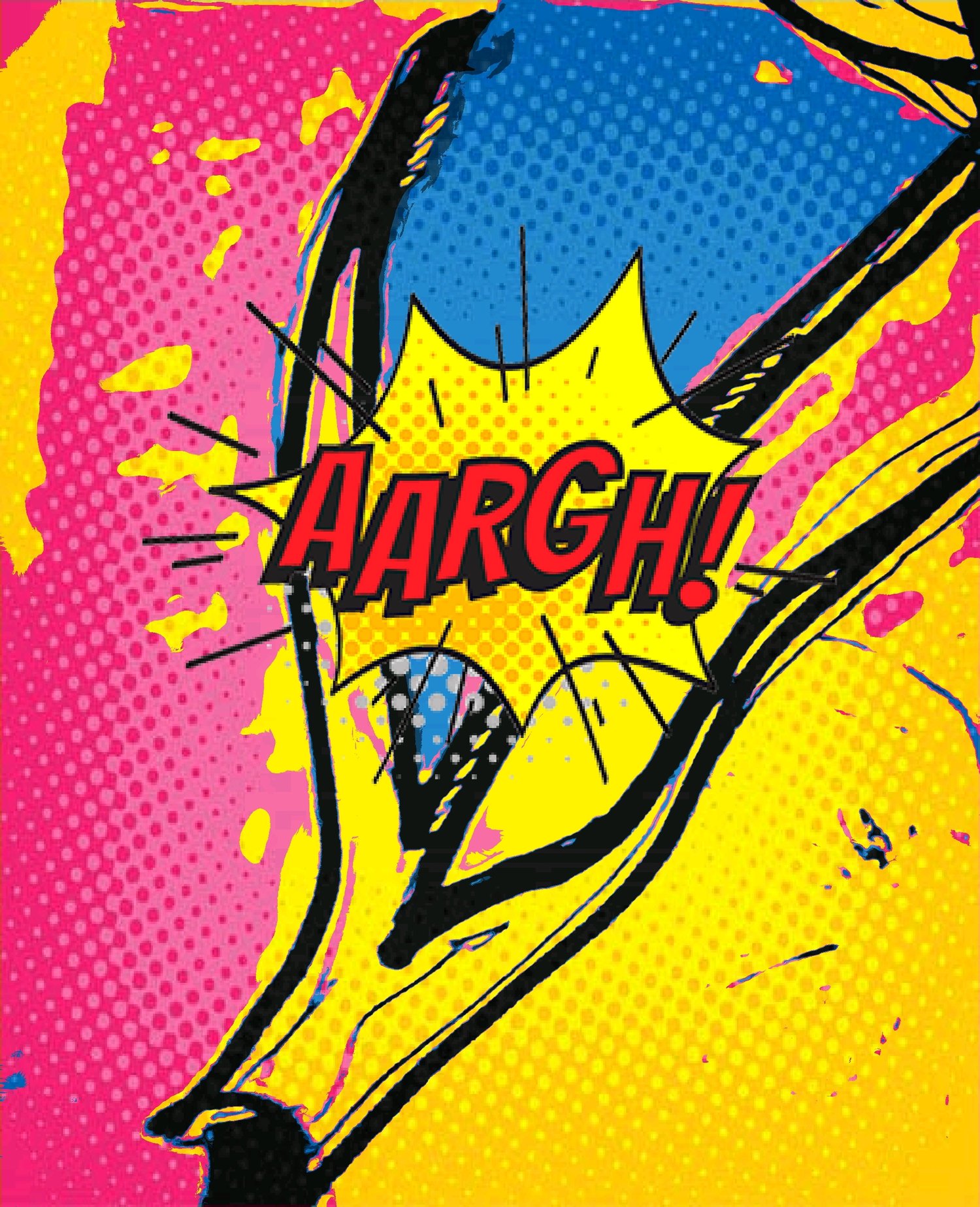florilegia for extinction pop art series (2021)
florilegia for extinction pop art series (2021)


"When analyzing soils and spontaneous plant species from sealed landfills for the phytorestoration of contaminated and degraded soils of urban communities, these soils are of a mixed nature (urban and industrial waste), contaminated with heavy metals from the area.
Several characteristics of these environments are currently being evaluated.
Many plant species grow spontaneously on these landfill covers. (...)"
Many plant species grow spontaneously on these landfill covers. (...)"
Hugo Martínez Rapari
FLORILEGIA FOR EXTINCTION Series
2021


"The FLORILEGIA FOR EXTINCTION series explores the unstabled boundaries between what is human-made and what is natural through a botanical representation of plant species that grow in polluted landfills.
These pop art-like works do not transform rubbish into objects of value, but rather raise questions about the allocation of cultural value to compel the viewer to make links between the cycles of production and use of everyday functional objects and those of environmental pollution. . .
In most of these landfills there are problems of contamination-salinity and strong erosive processes. Some of these species are of special interest, since they are capable of fixing the soil and protecting it from erosion. (...)"
These pop art-like works do not transform rubbish into objects of value, but rather raise questions about the allocation of cultural value to compel the viewer to make links between the cycles of production and use of everyday functional objects and those of environmental pollution. . .
In most of these landfills there are problems of contamination-salinity and strong erosive processes. Some of these species are of special interest, since they are capable of fixing the soil and protecting it from erosion. (...)"
Hugo Martínez Rapari
FLORILEGIA FOR EXTINCTION Series
2021


"However, most of the soil variables determined were generally worse in the landfills than in the surrounding reference ecosystems.
Can art shift our thinking on matters of tenvironment, or is it complicit in the exploitation of the earth's resources for human consumption? (...)
Hugo Martínez Rapari
FLORILEGIA FOR EXTINCTION Series
2021
